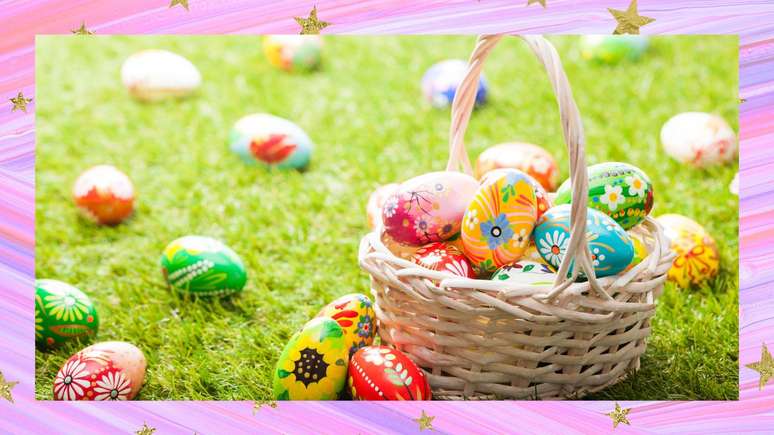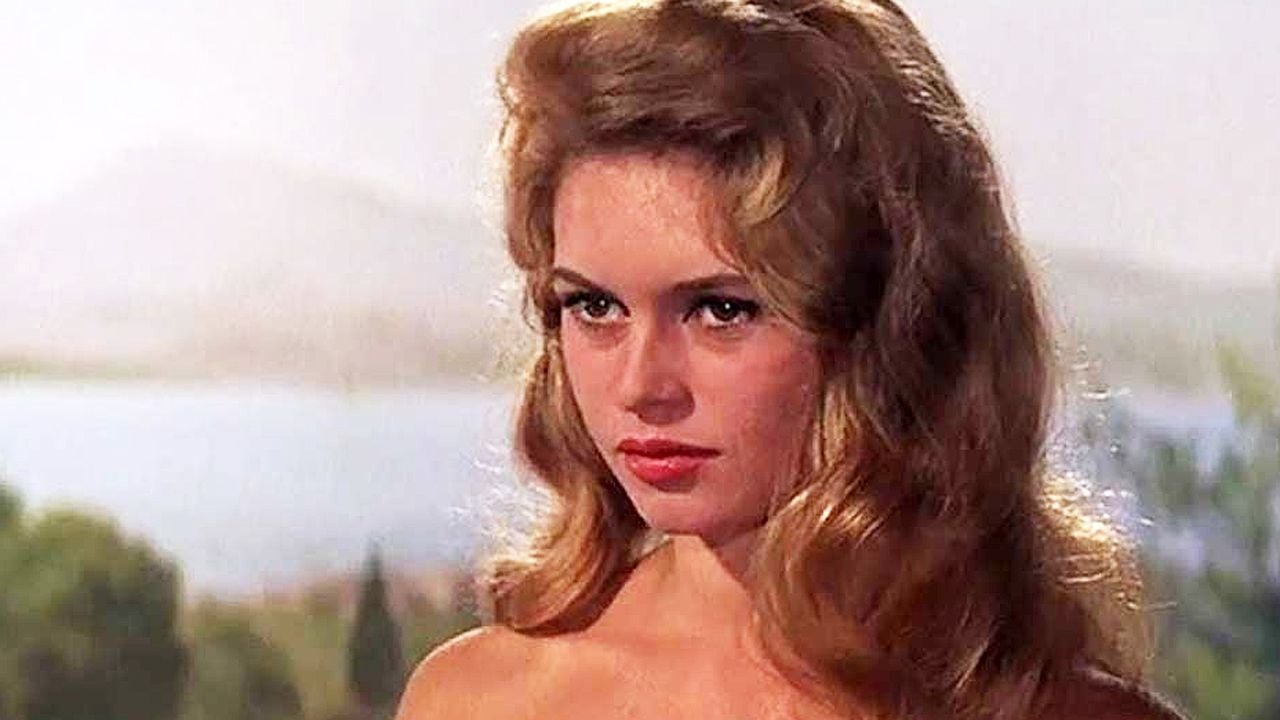Easter is definitely one of the most fun holidays to celebrate, if you do. After all, the resurrection of Jesus Christ is celebrated on this day. However, the date is much older and actually has Jewish origins. All right?
html[data-range=”xlarge”] figure image img.img-5f4f670c2fcad2f96691a4f130bdc7c98xpfr9xk { width: 774px; height: 435px; }HTML[data-range=”large”] figure image img.img-5f4f670c2fcad2f96691a4f130bdc7c98xpfr9xk { width: 548px; height: 308px; }HTML[data-range=”small”] figure image img.img-5f4f670c2fcad2f96691a4f130bdc7c98xpfr9xk, html[data-range=”medium”] figure figure img.img-5f4f670c2fcad2f96691a4f130bdc7c98xpfr9xk { width: 564px; height: 317px; }
That’s why we’ve separated all the well-chewed information so you can better understand how Easter came to be and the meaning behind it. Watch:
Origin of Easter
The Christian Easter emerged from a celebration that takes place among Jews, called Easter (passage, in Hebrew). It commemorates the liberation of the Jewish people from slavery in Egypt, around 1300 BC, and is celebrated according to the Jewish calendar.
Meanwhile, Easter celebrated by Christians recalls the crucifixion, death and resurrection of Christ. Incidentally, we know that this is one of the main pillars of the Christian faith, so this celebration is very important to the religion.
Furthermore, in the celebration of the Catholic Church, Easter concludes the period of Lent. The last week of this period is known as Holy Week and begins with Palm Sunday, which commemorates Jesus Christ’s entry into Jerusalem.
Why does the date change every year?
This year we will celebrate Easter on April 9th. However, since the holiday follows the lunar calendar, it has no fixed date. Therefore, the date can vary between March 22nd and April 25th.
Since the Council of Nicaea, in 325 AD, the feast has always been celebrated on the first Sunday after the full moon of the vernal equinox in the northern hemisphere – or of the autumnal equinox in the southern hemisphere, as in our case.
Why Chocolate Eggs?
Christianity, during the conversion process of the pagan Germanic peoples, appropriated various elements of this culture. Therefore, Easter has several similarities with pagan traditions.
The festivals that took place among the Germanic and Celtic peoples for the goddess Eostre – which would have given rise to the English name of the festival – took place in conjunction with Easter. Then, with the Christianization of these peoples, the traditional pagan festival was incorporated into the Christian celebration.
Also, another influence of pagan culture would come from eggs and rabbit. For people who worshiped Ostara – another name for the goddess – the animal and eggs meant fertility and hope in the life that would come with spring. Therefore, they came up with decorated eggs and also hid some more to find later. Just like we do today!
This article was originally published by Alto Astral, Todateen’s partner for Astral Digital.
Source: Terra
Ben Stock is a lifestyle journalist and author at Gossipify. He writes about topics such as health, wellness, travel, food and home decor. He provides practical advice and inspiration to improve well-being, keeps readers up to date with latest lifestyle news and trends, known for his engaging writing style, in-depth analysis and unique perspectives.








